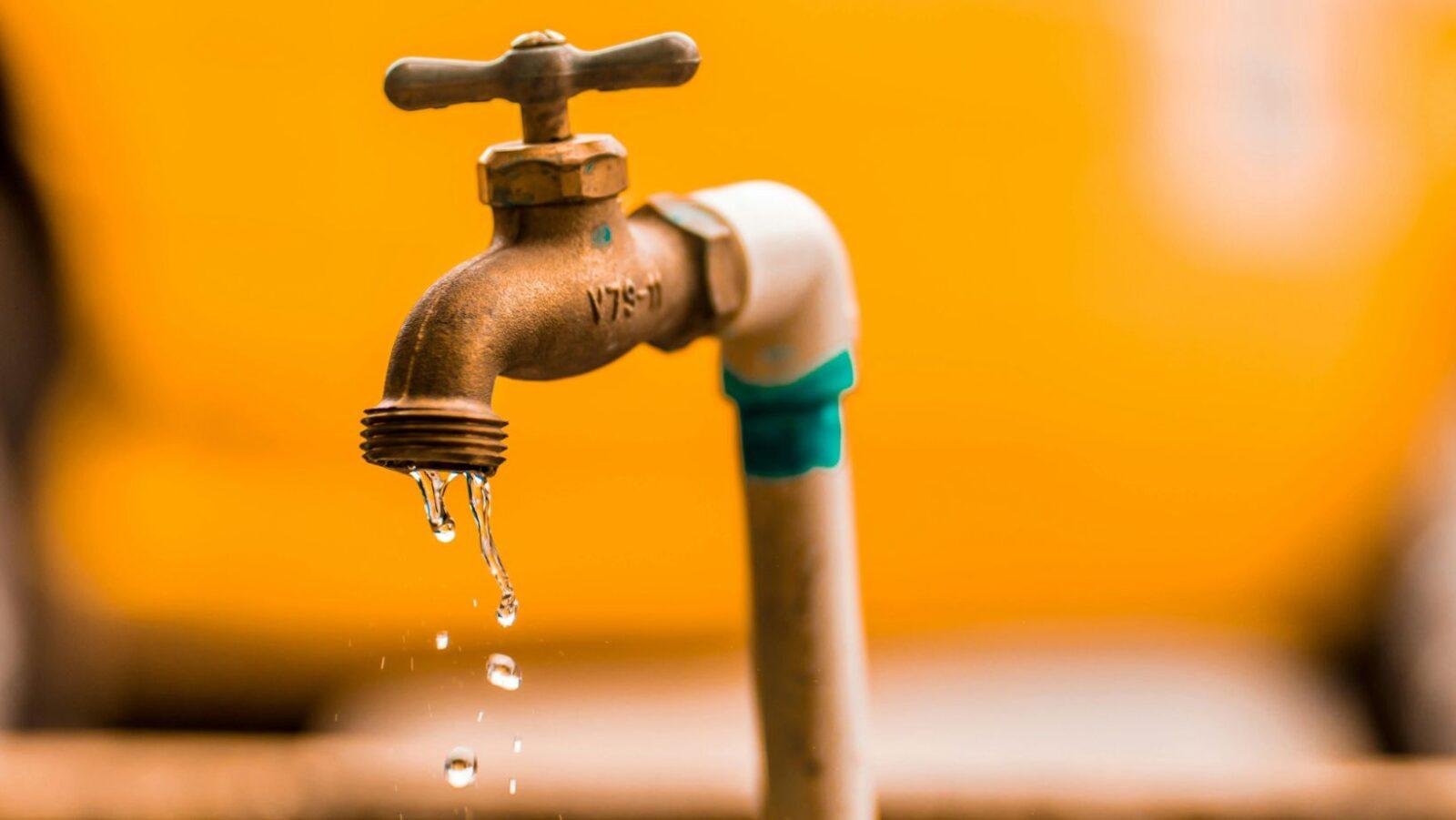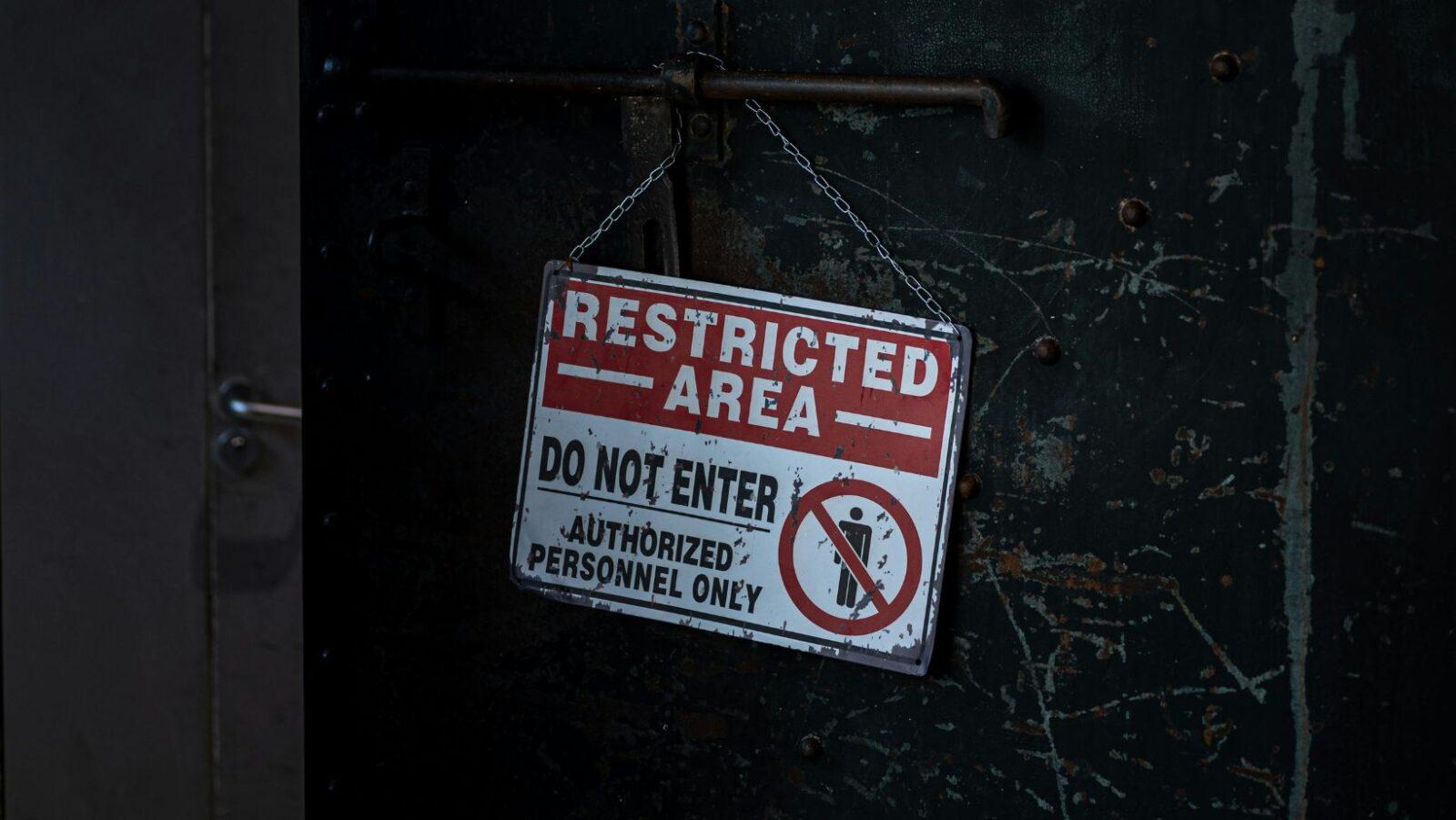This article is part of our “Psychology of a Pandemic” series.
There’s no denying it: The worldwide COVID-19 pandemic has drastically changed our way of life. Containment and mitigation measures are in place everywhere. Transportation systems have come to a screeching halt, and it’ll be a long time before most businesses can go back to “business as usual.”
Scientists and medical professionals across the globe are working feverishly against the clock, whether in seeking a cure or caring for the sick. Meanwhile, local governments and volunteers are tirelessly toiling away, delivering aid and support to the neediest sectors of society.
As confirmed cases and casualties continue to rise, one can’t help but wish that this could all be over soon. But with no definitive end in sight, those staying at home must deal with anxiety and uncertainty. Some may even be grappling with cabin fever, defined by Merriam-Webster as “extreme irritability and restlessness from living in isolation or a confined indoor area for a prolonged time.”
To help quarantined Filipinos cope with extreme negative emotions during these trying times, FlipScience.ph spoke to Dr. Trina de la Llana, a consultation-liaison psychiatrist for public, private, and educational institutions.
Tip #1. Stay in the present.
The first piece of advice from de la Llana is short and sweet: “Breathe.”
The deluge of COVID-19 updates on our smartphones and social media can be quite overwhelming. Falling prey to the current “multimedia frenzy” can be dangerous to one’s mental well-being. “Take in COVID-19 news and information on your own terms,” suggests de la Llana. “You can choose when to update yourself, so that you are mentally and emotionally prepared and able to minimize stressors from the news, as opposed to being bombarded with good news and bad news throughout your day (or night).”
Aside from that, de la Llana also recommends getting information only from official and reliable sources of information, not hearsay.
Tip #2. Focus on what is under your control—and what you can do to help.
On the subject of productivity, de la Llana warns against obsessing over it. Once you’ve done what you can to keep your family safe, set some time aside for keeping yourself, well, sane.
“It’s okay to rest. When you’re done with work for the day, take the time to unwind. Take up a new hobby, read a book, listen to music, or watch those shows or movies sitting on your to-watch pile. “Do what can calm or distract you.”
Another way to feel good is to give what you can. “There are many ways to help frontliners, or even those who are disadvantaged economically because of this pandemic,” says de la Llana. (Here’s a list of donation drives and fundraisers you can support for our health workers, scientists, and fellow Filipinos in need.)
Tip #3. Stay in touch with people you care about.
Reach out to your friends and loved ones, says de la Llana, “if only to assure yourself that they are okay, or to be able to give and receive support from them.” Bear in mind that not everyone has the option to do this right now; if you can communicate with the people you care about, don’t miss the opportunity to do so.
Tip #4. Remember that we are all in this together, regardless of country or race.
In our desire to find an outlet for negative emotions, we may sometimes find ourselves wanting to blurt out hate-filled rhetoric or online obscenities. Instead, de la Llana reminds us to remember that we’re not the only ones suffering—nor are we the only ones fighting against this pandemic.
Calm minds and peaceful hearts have no room for Sinophobia—”Not everyone who is infected is Chinese!”—and plenty of room for sensitivity. “Not everyone is able to work from home,” reminds de la Llana. “Please be mindful of the privileges you may have in terms of supplies, safety, etc.”
Tip #5. Amplify the positive voices, stories, and images of local COVID-19 experiences.
While we can’t say for sure when this will be over, we can be sure that someday, this will be over. Seeds of hope are planted with new cases of recovery and stories of sacrifice.
“We have many stories of heroic frontline workers, everyday heroes, good Samaritans, and even those in public service who can help and inspire,” shares de la Llana. “Let’s focus on them and spread hope and inspiration to many.”
And of course, simply staying indoors can be your own good deed for the day. “Please remember that staying home and preventing the spread of the virus is plenty heroic,” de la Llana affirms.
“In times like these, your health is no longer your own—this is everyone’s fight.”
Author: Mikael Angelo Francisco
Bitten by the science writing bug, Mikael has years of writing and editorial experience under his belt. As the editor-in-chief of FlipScience, Mikael has sworn to help make science more fun and interesting for geeky readers and casual audiences alike.










